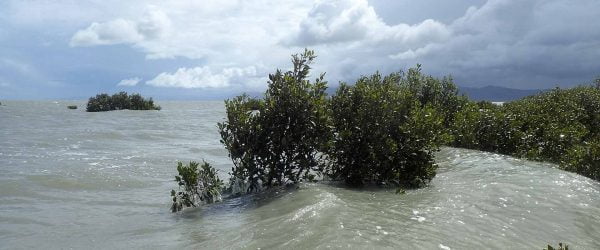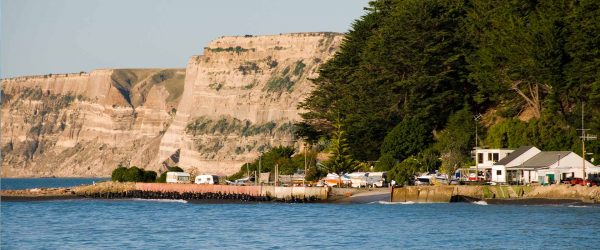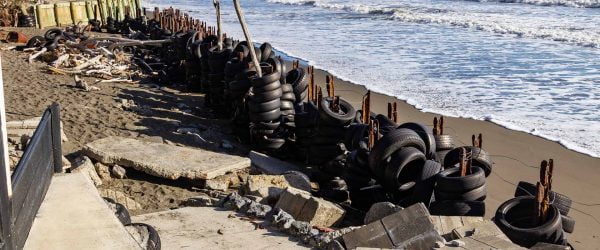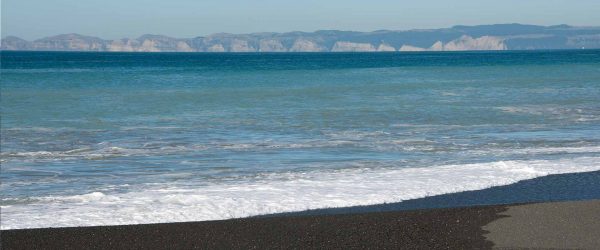Project Summary
Many communities around New Zealand are located in the path of natural hazards that are increasing in impact, such as sea level rise, coastal erosion and flooding. A planned and progressive retreat (termed ‘managed retreat’) from high risk areas is one option for managing these continued threats. This research investigated a specific challenge to implementing managed retreat: the legal and social implications of changing existing land use in hazard areas. The research report examined how the RMA can be used to deal with people’s existing use ‘rights’ when planning and carrying out risk reduction activities. The report also identified where the RMA falls short, and made recommendations including legislative change to enable at-risk communities to retreat from risk in a timely way.
In June 2020, some of the report’s key recommendations were picked up in New Directions for Resource Management in New Zealand report of the Resource Management Review Panel. In February 2021, the Government announced it would repeal the RMA and enact new legislation based on the recommendations of the Panel. Among the three proposed new acts is a Climate Adaptation Act to address the complex issues associated with managed retreat.
Our work on managed retreat is continuing through our De-risking Resilience workstream, led by Prof Iain White of the University of Waikato, and our Enabling Coastal Adaptation workstream, led by Dr Judy Lawrence of Te Herenga Waka Victoria University of Wellington.
Resources from this project
Anticipating staged managed retreat at the coastal margins.
Owen S, Lawrence J, Ryan E, Kench P, Bell R, Rennie H, Blackett P, Schneider P. 2018. Coastal management: anticipating staged managed retreat. Planning Quarterly.…
Managing existing uses in areas at high risk from natural hazards: an issues paper.
Grace E, France-Hudson B, Kilvington M. 2018. Managing existing uses in areas at high risk from natural hazards: an issues paper. Lower Hutt (NZ): GNS…



